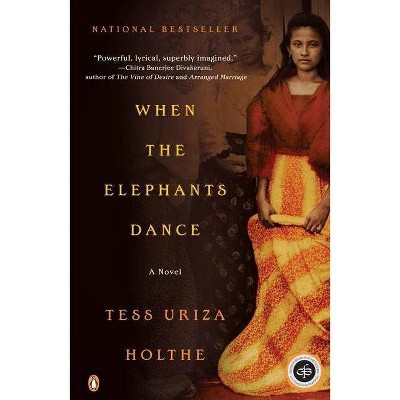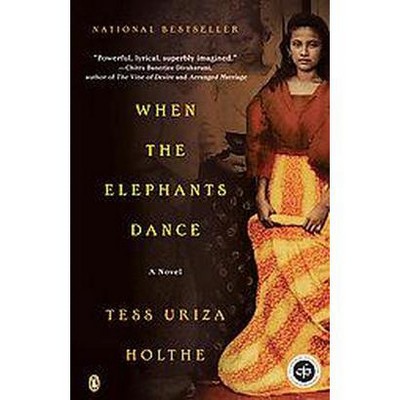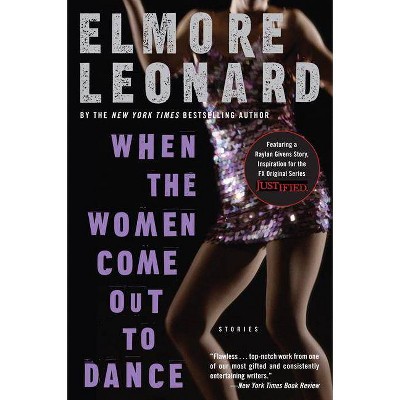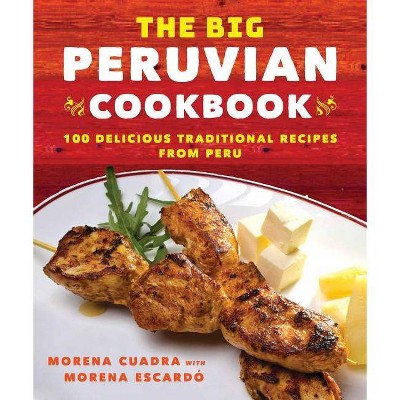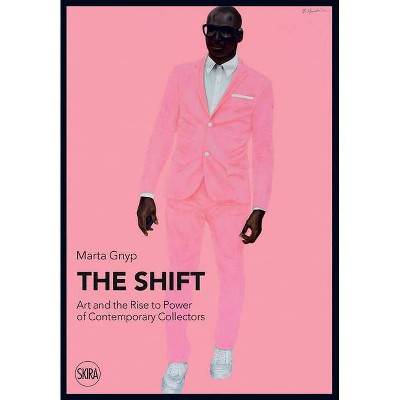When the Spirits Dance Mambo - by Marta Morena Vega (Paperback)
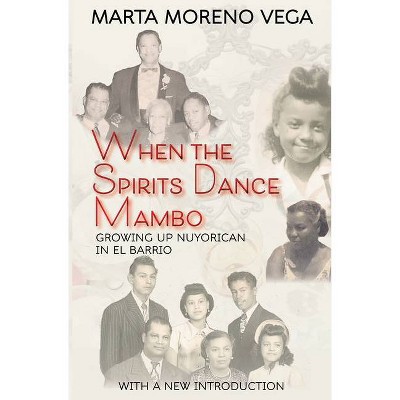
Similar Products
Products of same category from the store
AllProduct info
<p/><br></br><p><b> From the Back Cover </b></p></br></br>When rock and roll was transforming American culture in the 1950s and '60s, East Harlem pulsed with the sounds of mambo and merengue. Instead of Elvis and the Beatles, Marta Moreno Vega grew up worshiping Celia Cruz, Mario Bauza, and Arsenio Rodriguez. Their music could be heard on every radio in El Barrio and from the main stage at the legendary Palladium, where every weekend working-class kids dressed in their sharpest suits and highest heels and became mambo kings and queens. Spanish Harlem was a vibrant and dynamic world, but it was also a place of constant change, where the traditions of Puerto Rican parents clashed with their children's American ideals. A precocious little girl with wildly curly hair, Marta was the baby of the family and the favorite of her elderly abuela, who lived in the apartment down the hall. Abuela Luisa was the spiritual center of the family, an espiritista who smoked cigars and honored the Afro-Caribbean deities who had always protected their family. But it was Marta's brother, Chachito, who taught her the latest dance steps and called her from the pay phone at the Palladium at night so she could listen, huddled beneath the bedcovers, to the seductive rhythms of Tito Puente and his orchestra. In this luminous and lively memoir, Marta Moreno Vega calls forth the spirit of Puerto Rican New York and the music, mysticism, and traditions of a remarkable and quintessentially American childhood.<p/><br></br><p><b> Review Quotes </b></p></br></br><br>Adult/High School-Cotito was the favorite of her grandmother, a high priestess of the Yoruba religion, whom she helped tend her altar. She accompanied Abuela to the botanica in East Harlem and witnessed the occasional possession by spirits. As she grew older, Vega found that these traditions could suffocate as well as nurture. Her parents' acceptance of machismo led to a double standard in the treatment of brother Chachito and his sisters. Mami, a trained nurse, was not to work outside the home because such women get ideas and cheat on their husbands. When she disobeyed, Papi's anger and violence were said to be the result of his love. Cotito silently decided that she didn't want such a love, just as she refused to lie to cover for her brother's philandering. Racism was found in the outside world (school, police) and at home: the children were expected to marry lighter-skinned Latinos, and Chachito jokingly called Cotito a real African. Smart and perceptive, she became a strong young woman, and worked steadily toward her goal of becoming a teacher. At the mostly white arts high school, she and an African-American friend demanded that music from their cultures be included in music appreciation class. While rejecting the negative, she embraced the many positive aspects of her heritage and the love of her family. Cotito is as frank about her own shortcomings as she is about those of others. A vibrant, honest coming-of-age memoir that celebrates culture and community.--Sandy Freund "School Library Journal"<br><br>In this vivid work, which shares its title with a 2002 documentary Vega produced, two tales flawlessly merge: one recalls an Afro-Puerto Rican girl's upbringing in 1950s Spanish Harlem; the other explains the background for the author's eventual status as a priestess of the Santeria/Lucumi religion. What could have been a familiar coming-of-age story is made fresh with Vega's painterly detail and use of background music (Celia Cruz, Machito and Tito Puente's sounds are present throughout). The sorrows of early school (the classroom was a joyless cell) give way to double-dutch jumping, puberty, Vega's first crush and her emerging interest in preserving her family's traditions. Music, her grandmother Abuela, an espiritista (a sort of spiritual psychic), tells her, is the food of the soul, and the right music calls the spirits. At Abuela's apartment, Vega learns of the orishas (gods and goddesses) and observes Abuela's bóveda (altar); together, they visit the botánica for healing oils. Lovelorn at 14, Vega confides in Abuela, who summons a spirit named Juango to command her body. Trying to understand Juango was difficult enough, but talking about sex with a spirit possessing my grandmother's body was startling. And thus the author's future path begins. The spiritual and musical journey Vega takes readers on is informative and inspiring, even for the uninitiated.<br>
Price History
Cheapest price in the interval: 15.69 on November 8, 2021
Most expensive price in the interval: 15.69 on December 20, 2021
Price Archive shows prices from various stores, lets you see history and find the cheapest. There is no actual sale on the website. For all support, inquiry and suggestion messages communication@pricearchive.us
